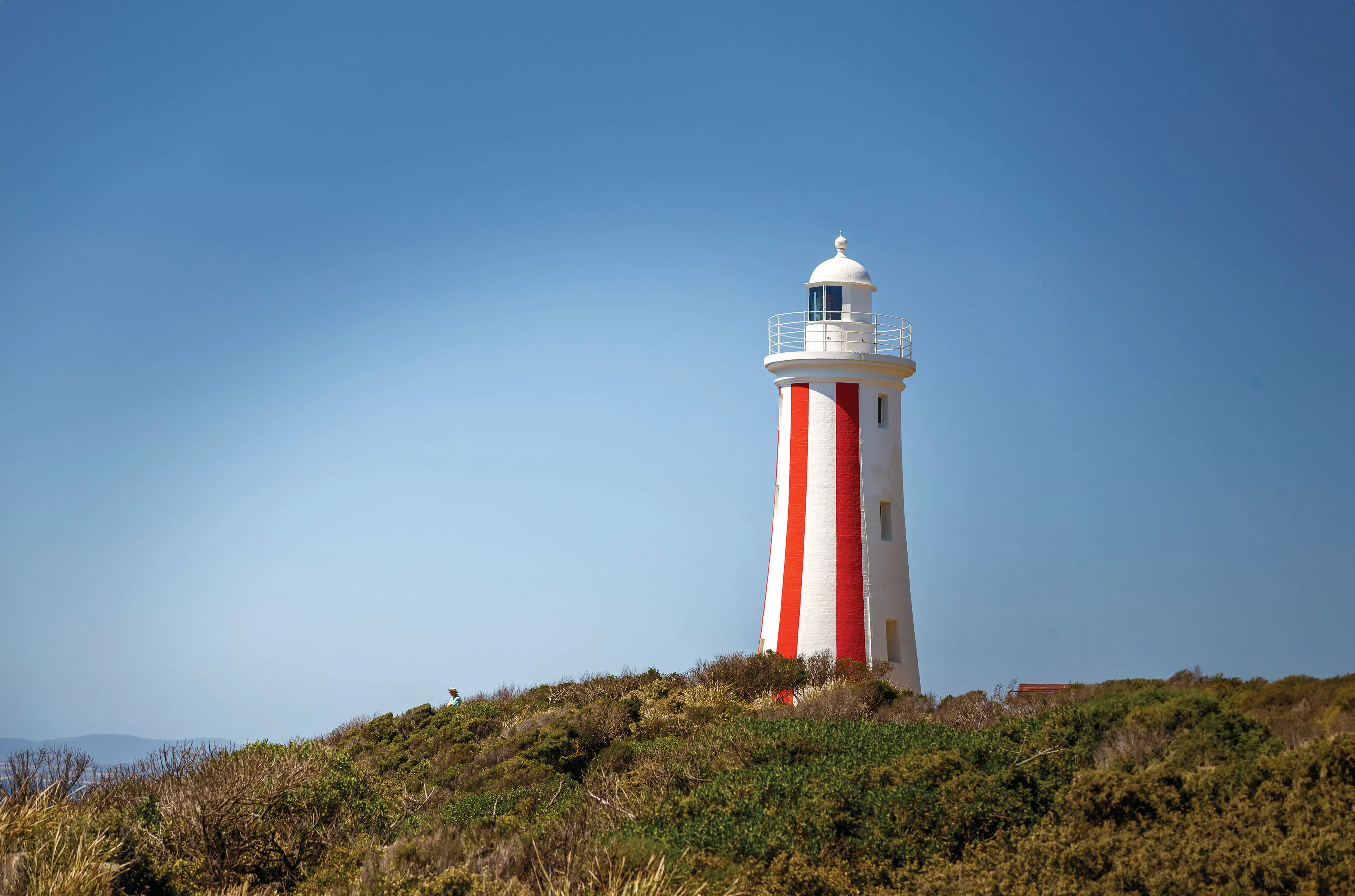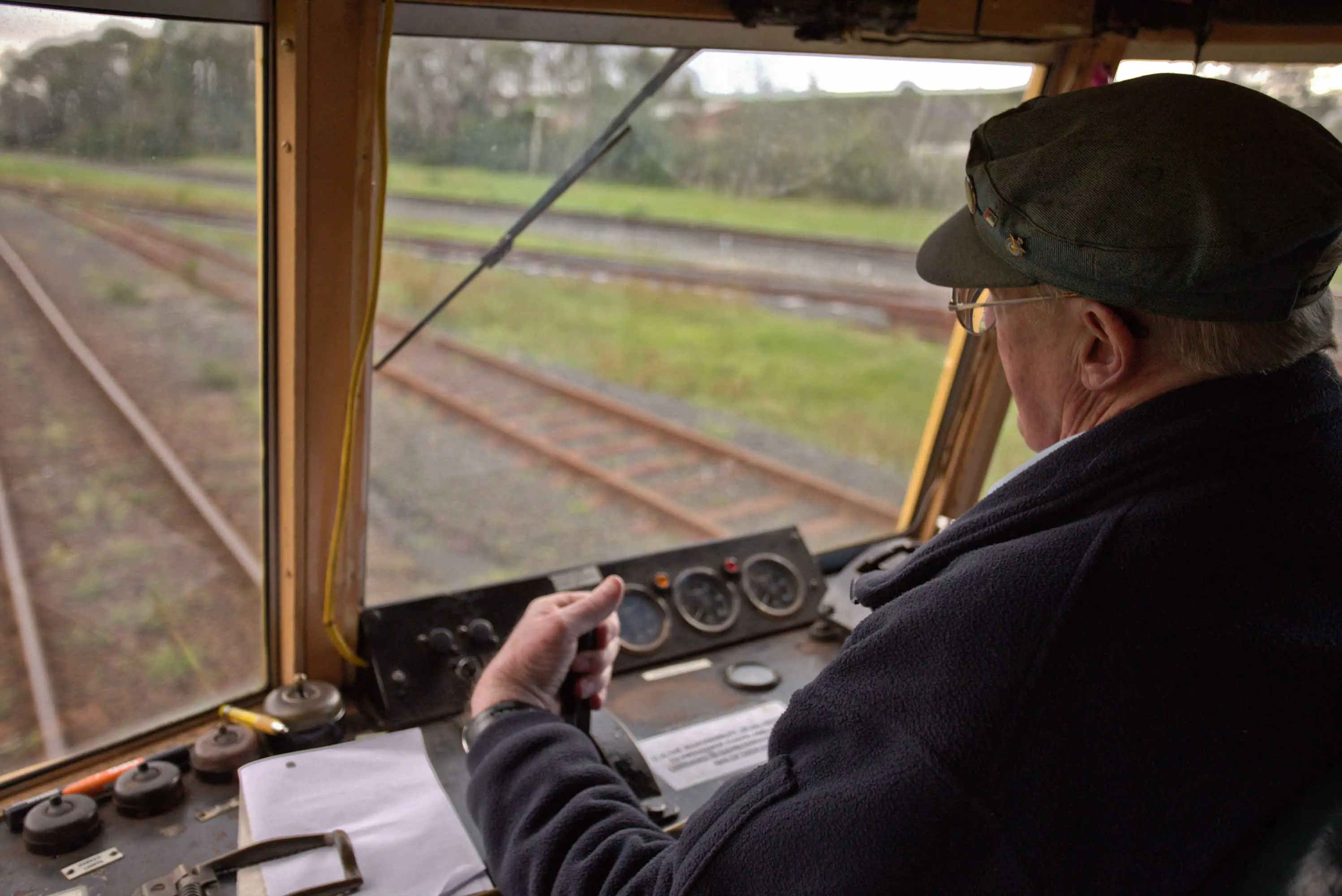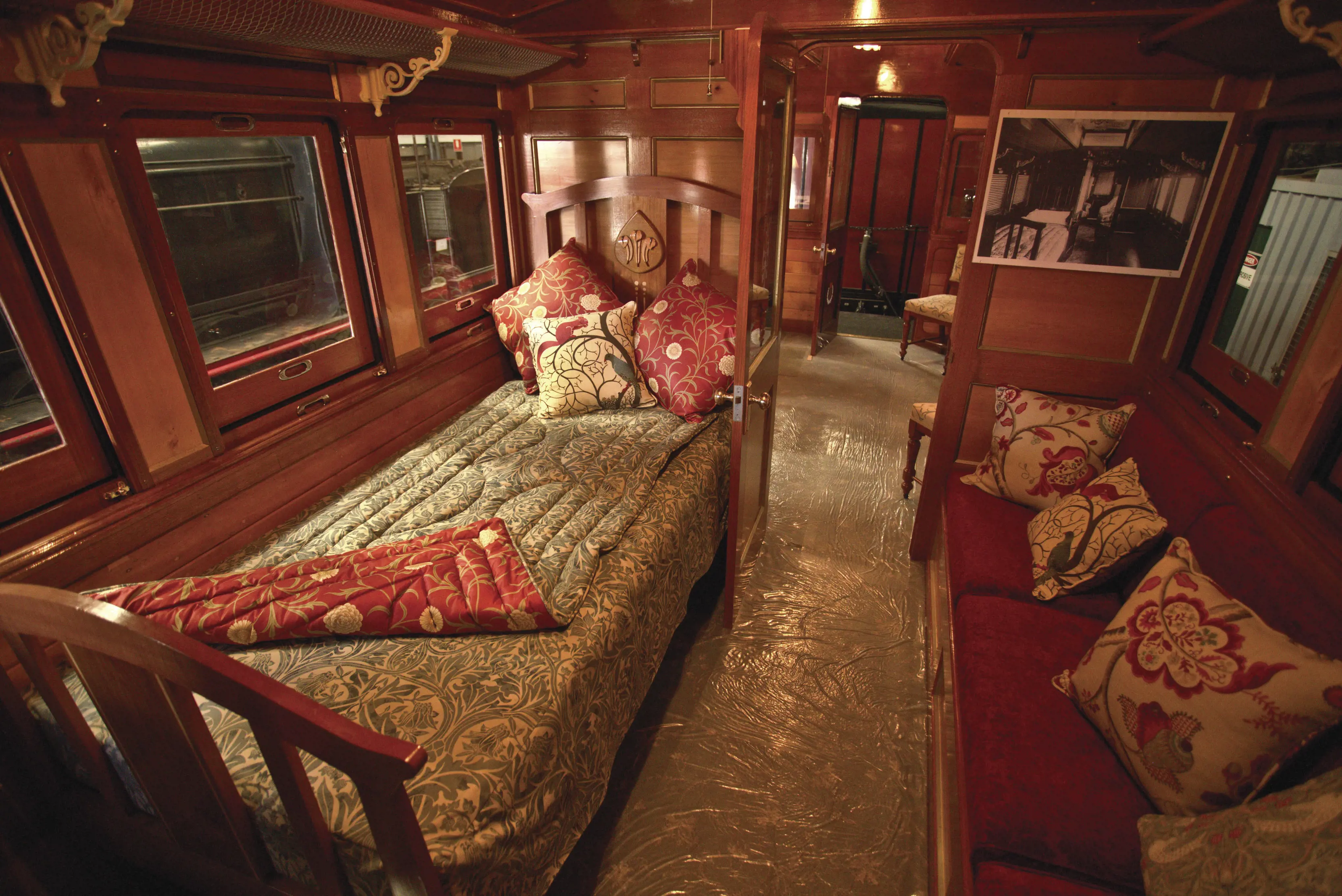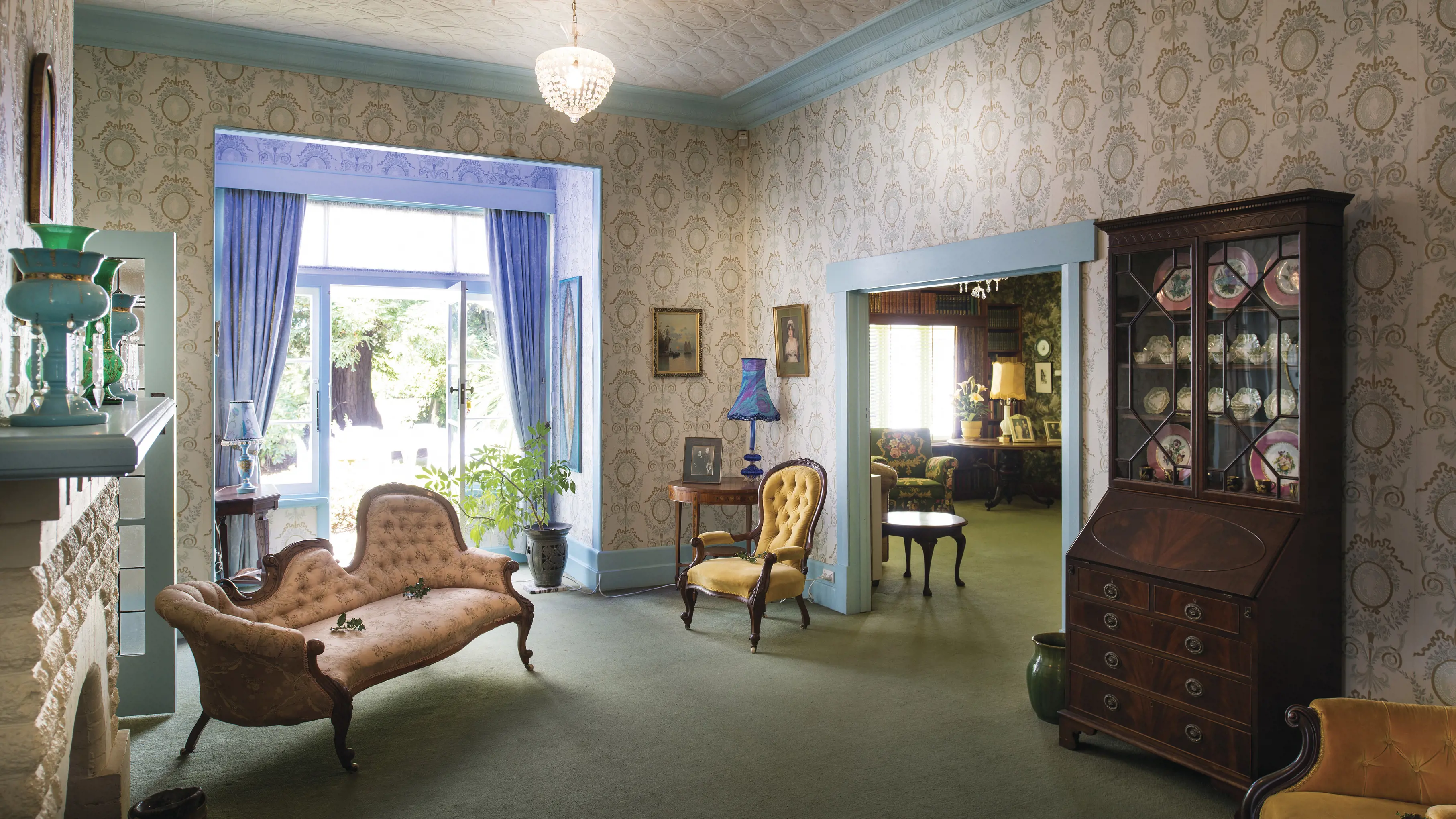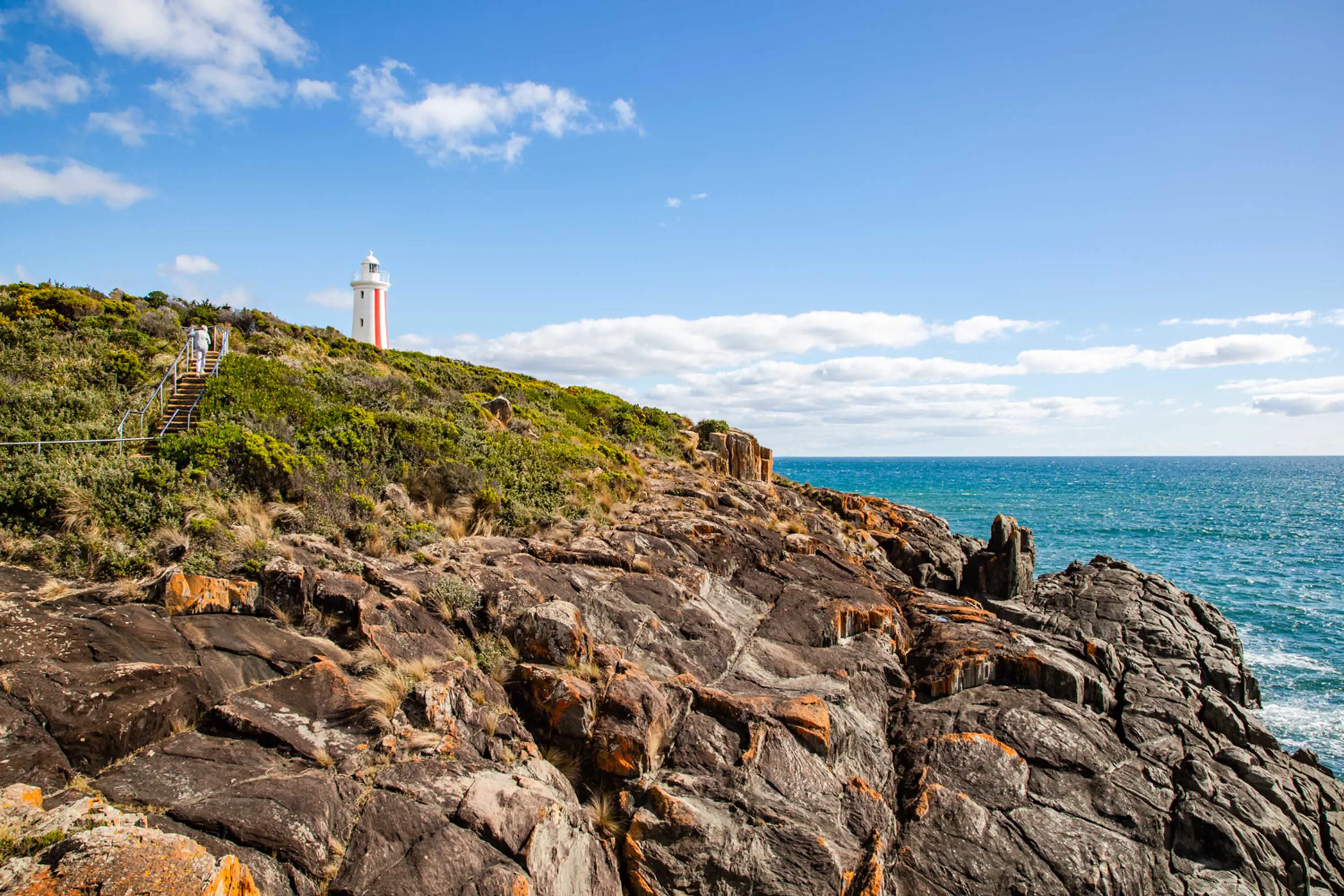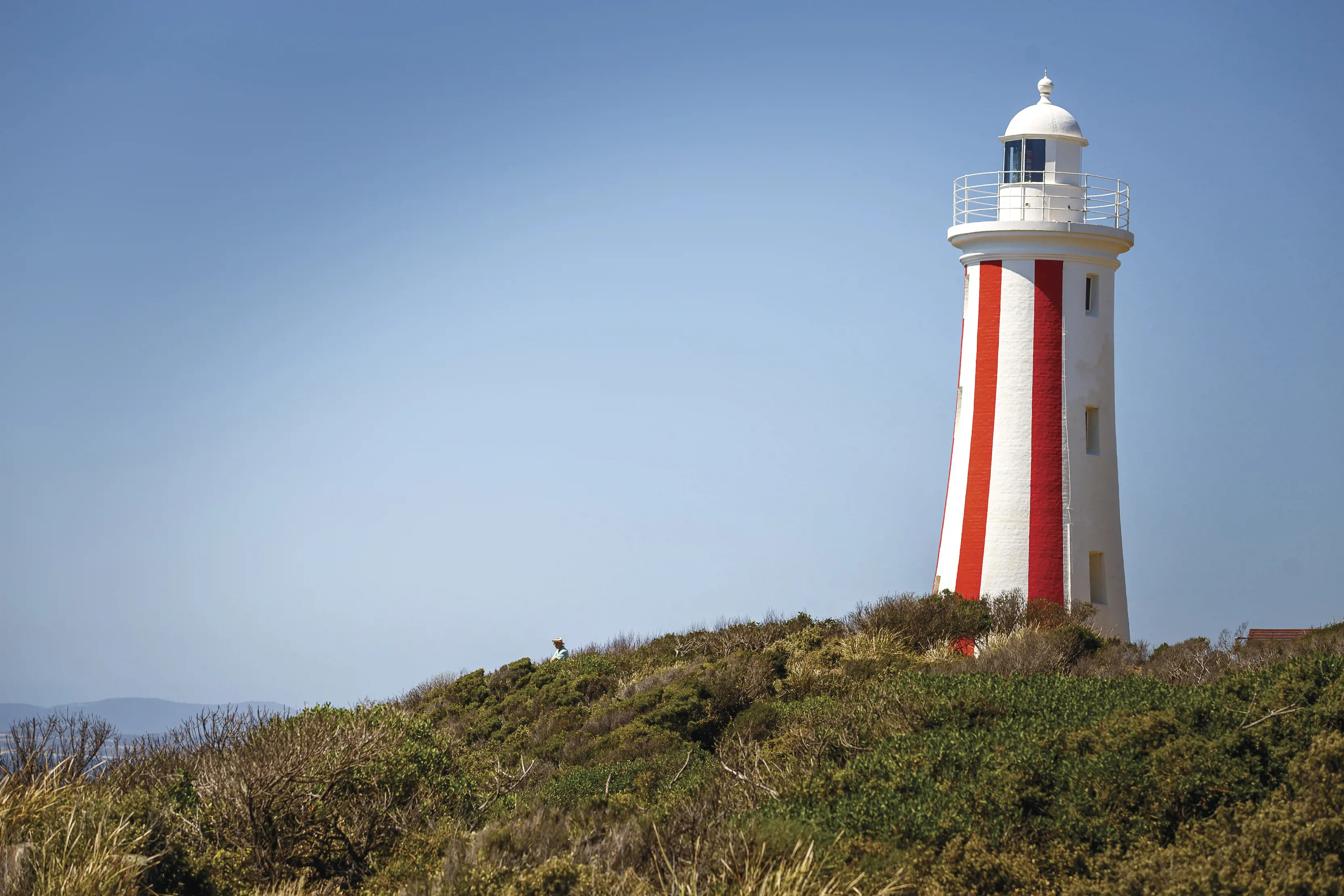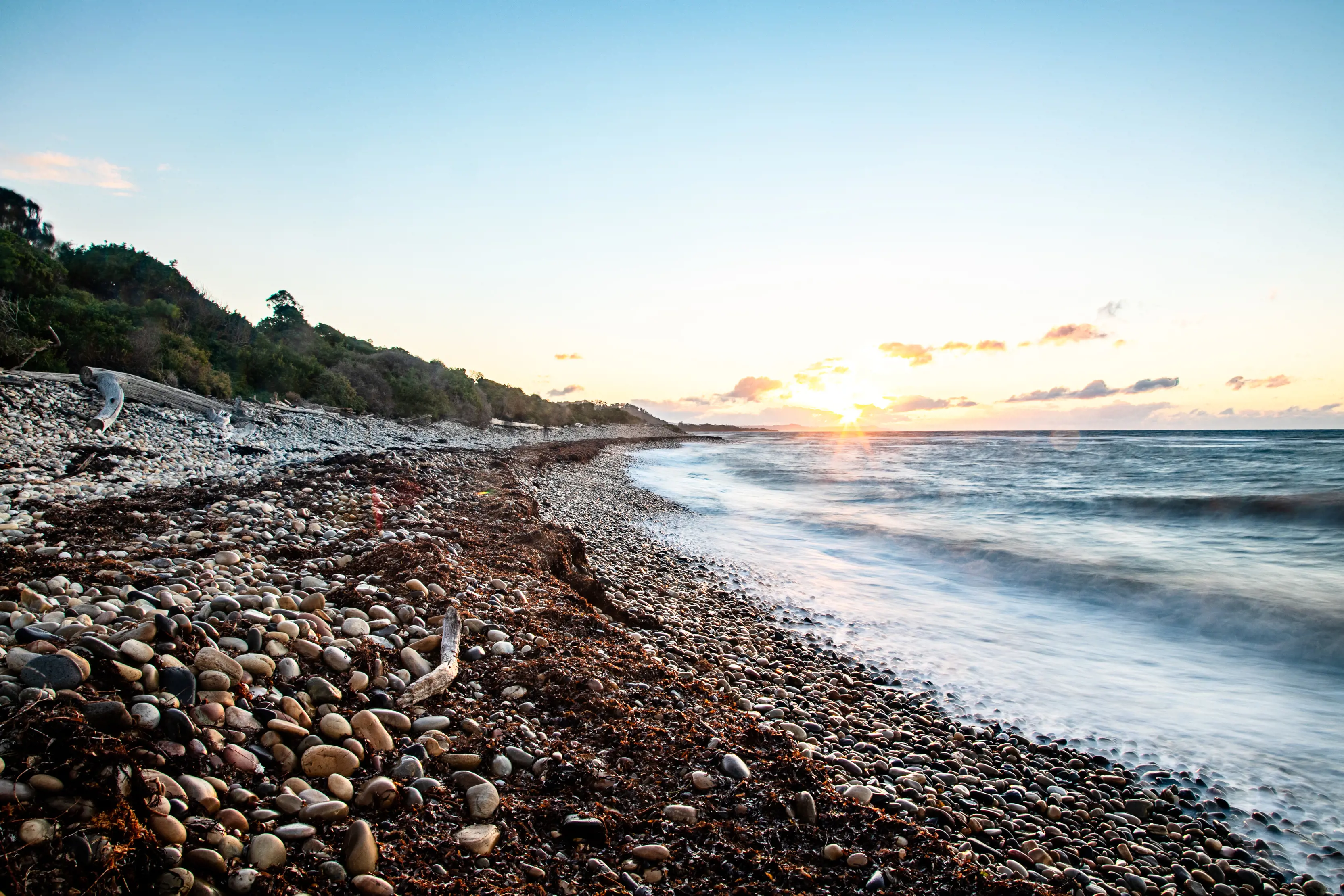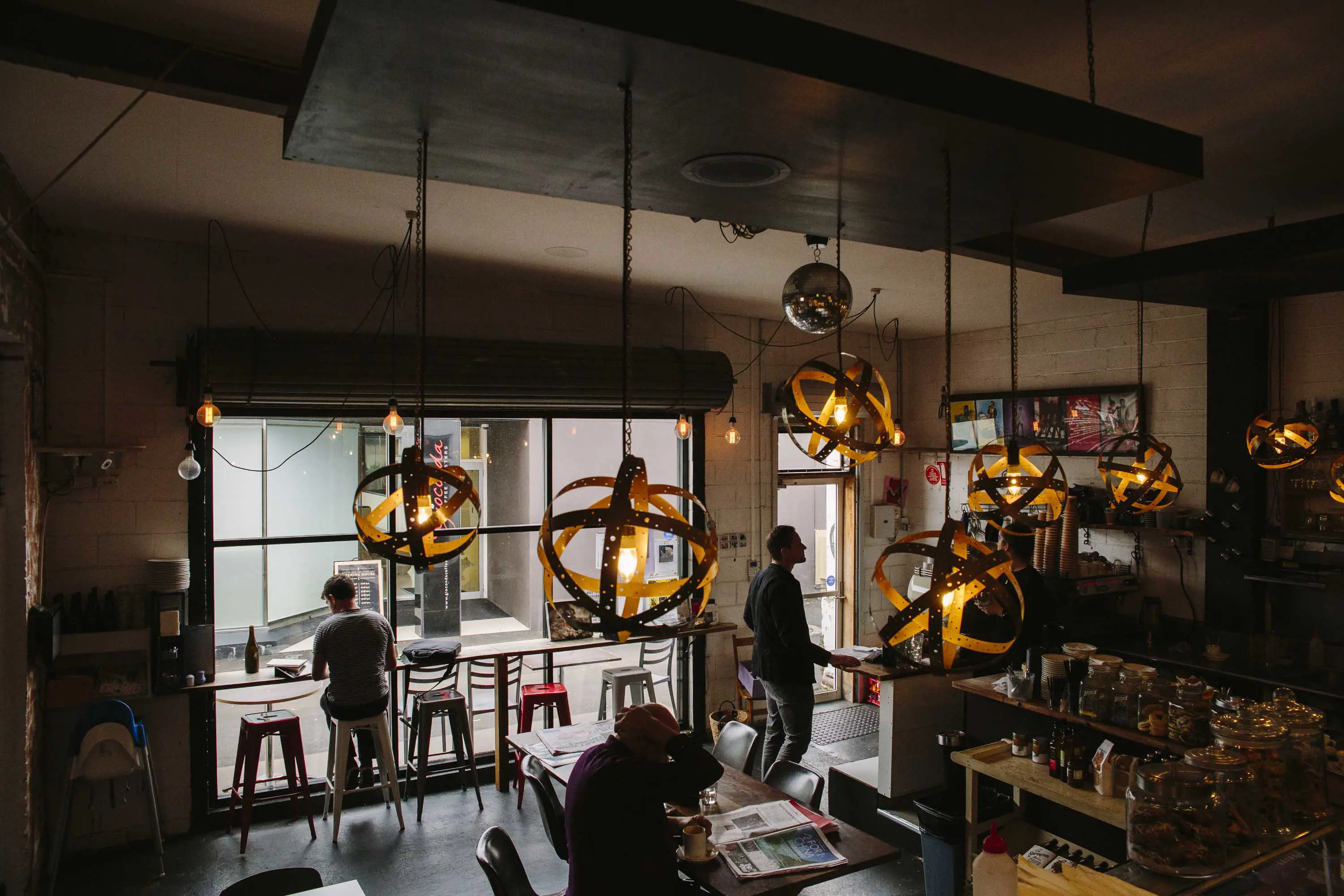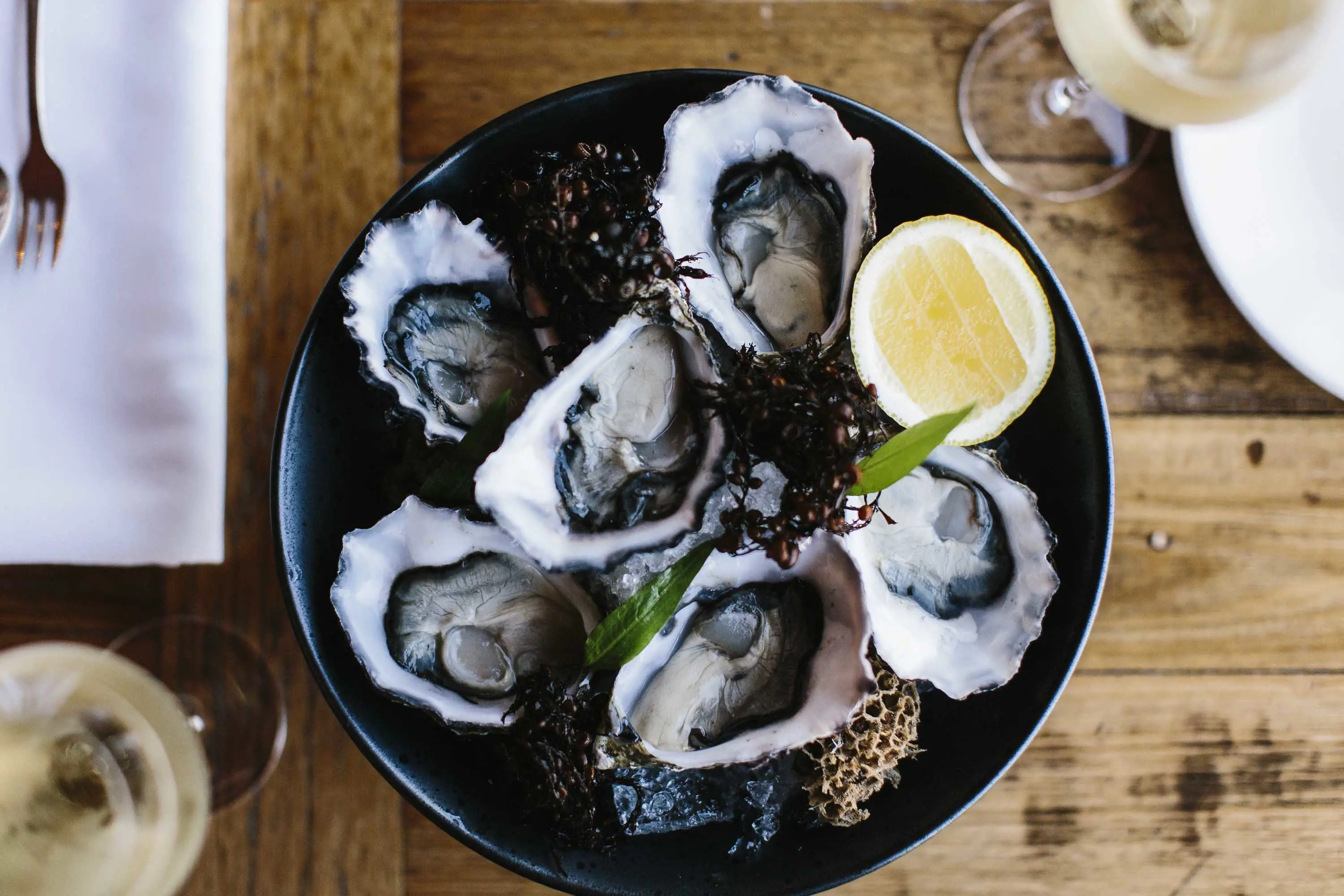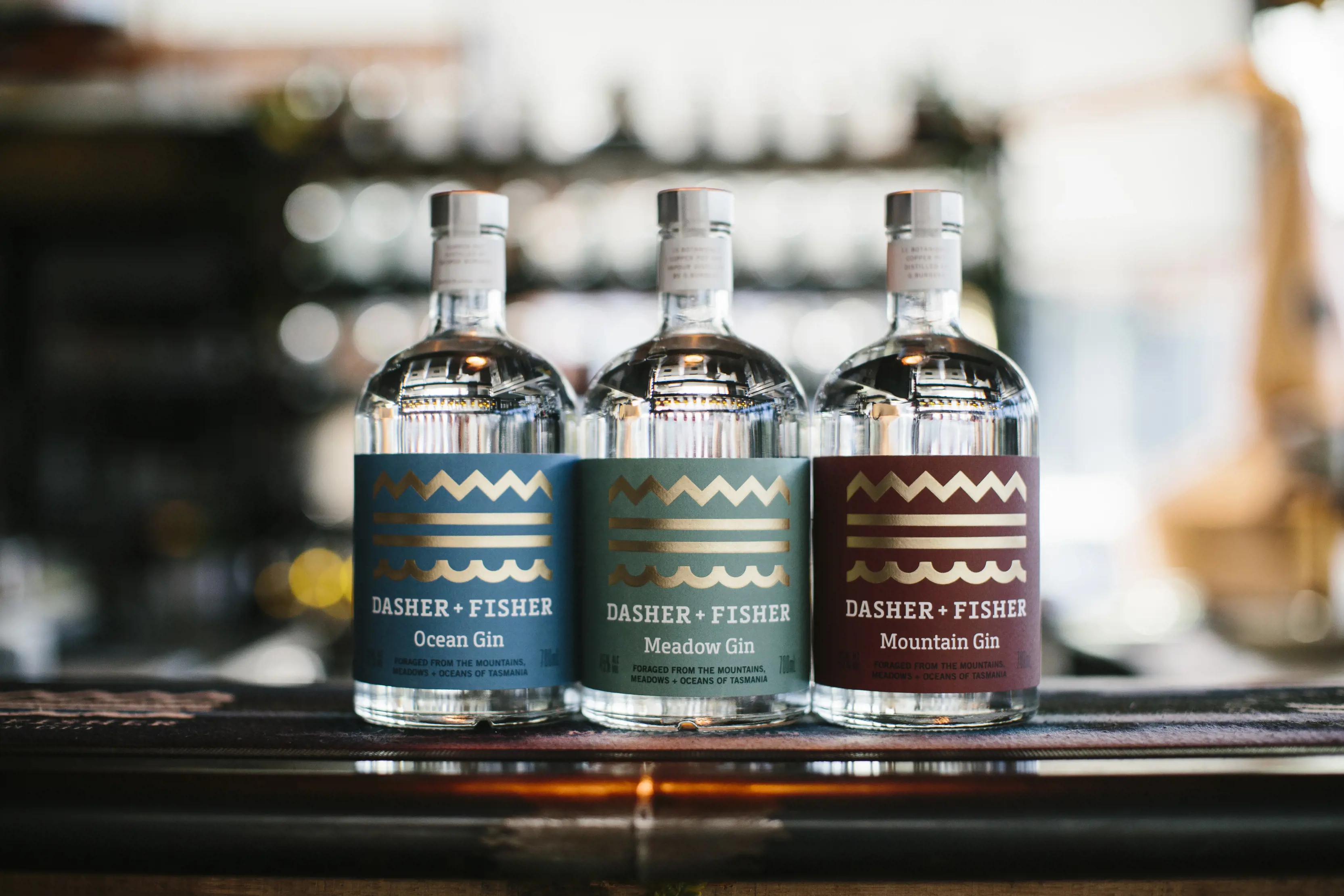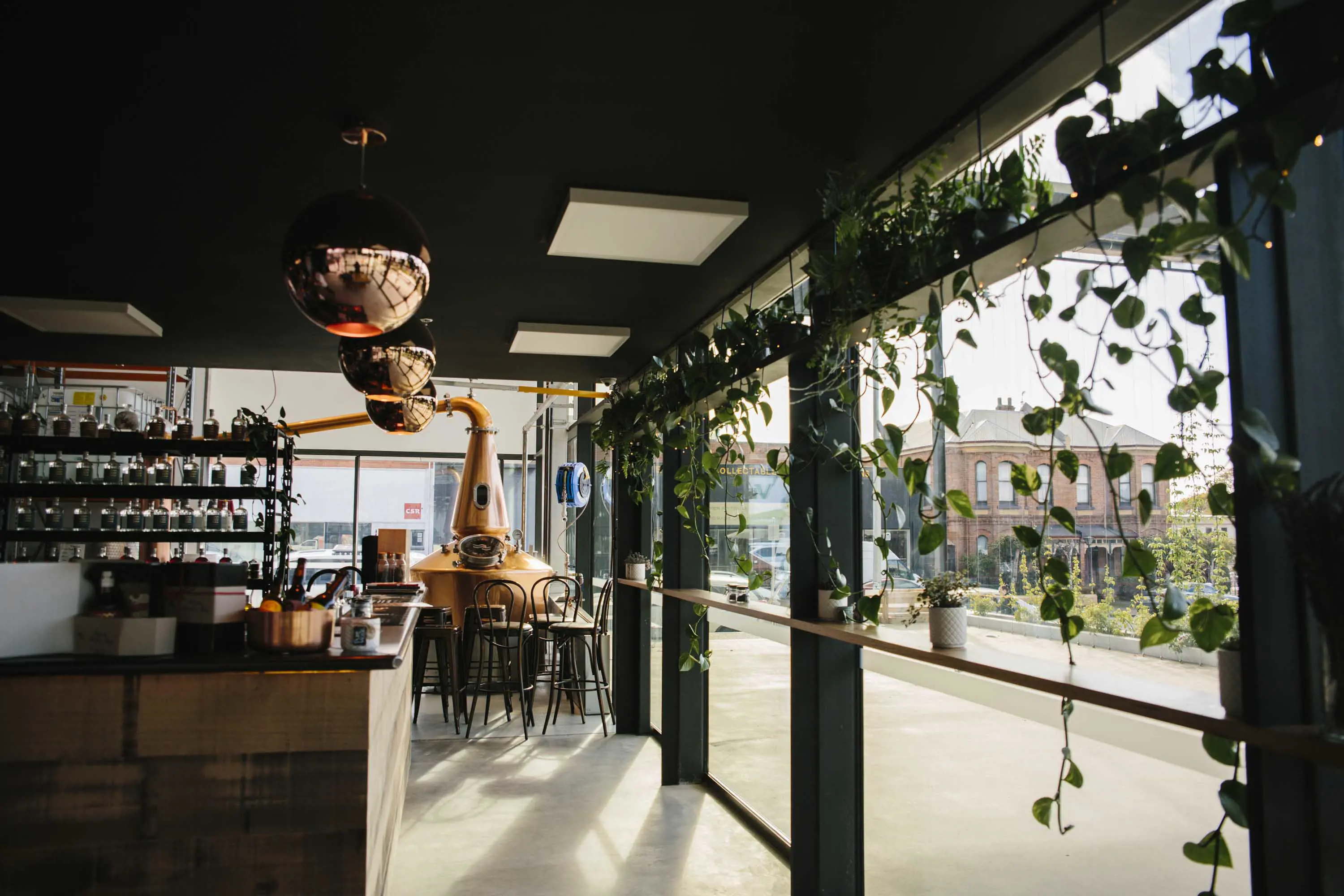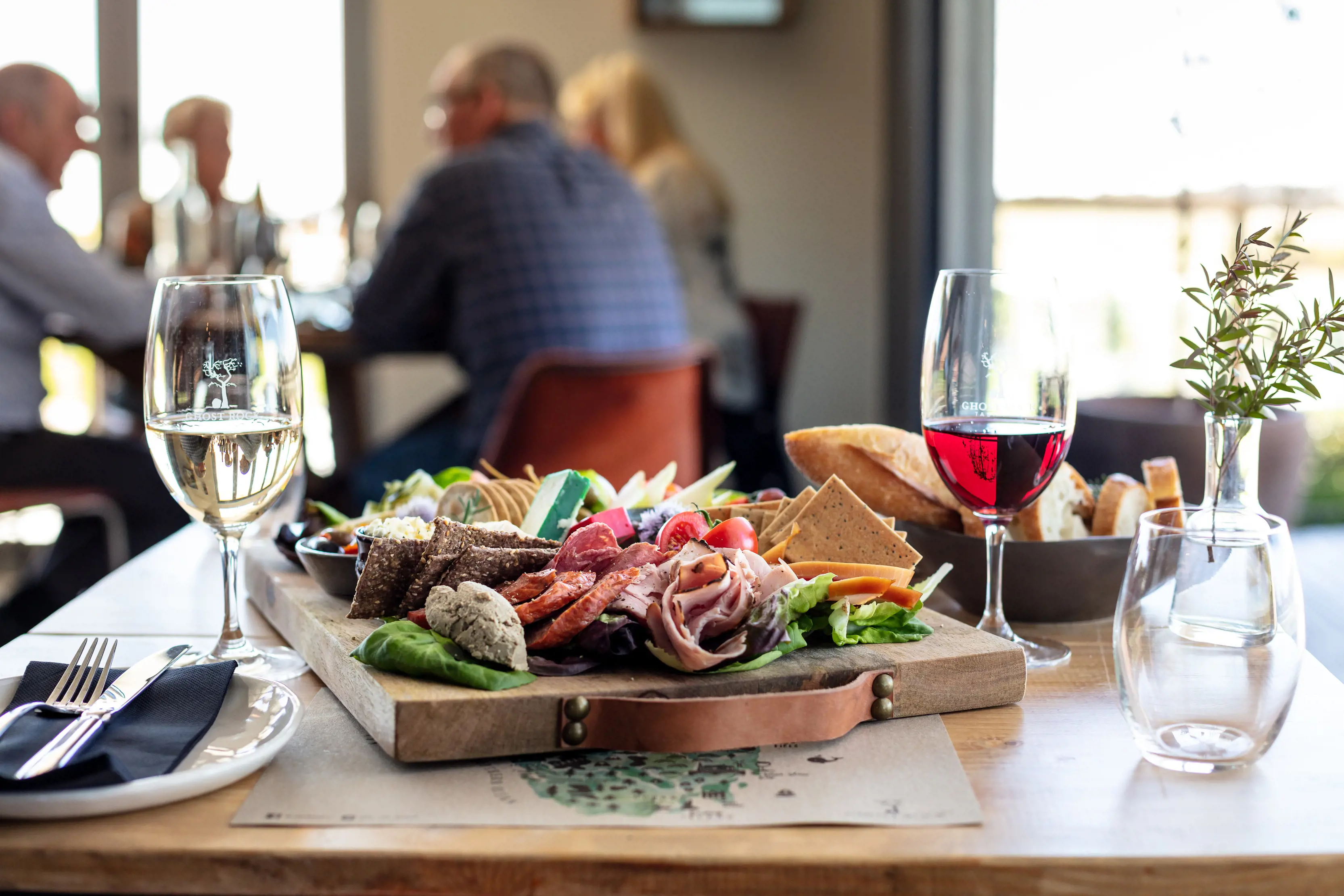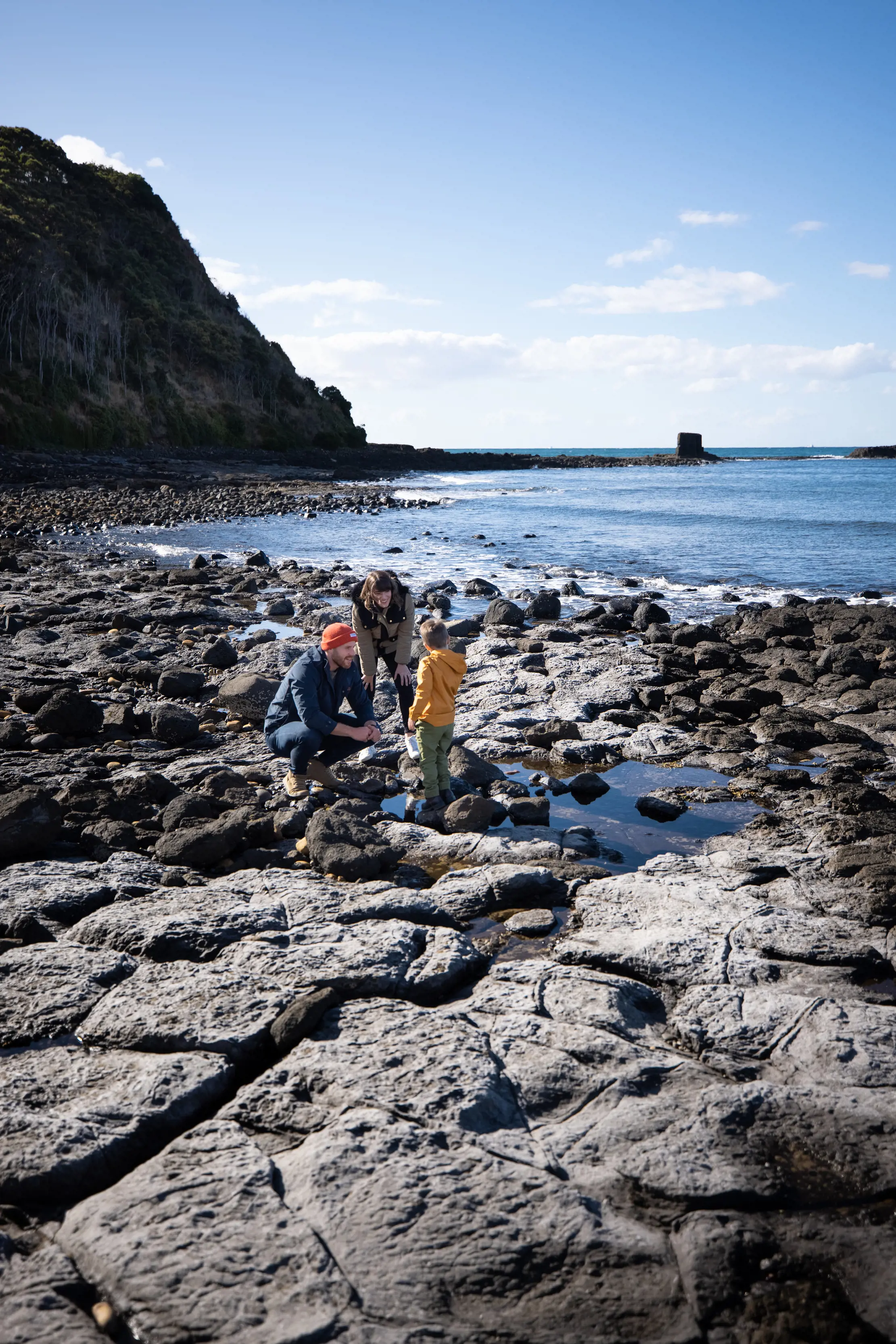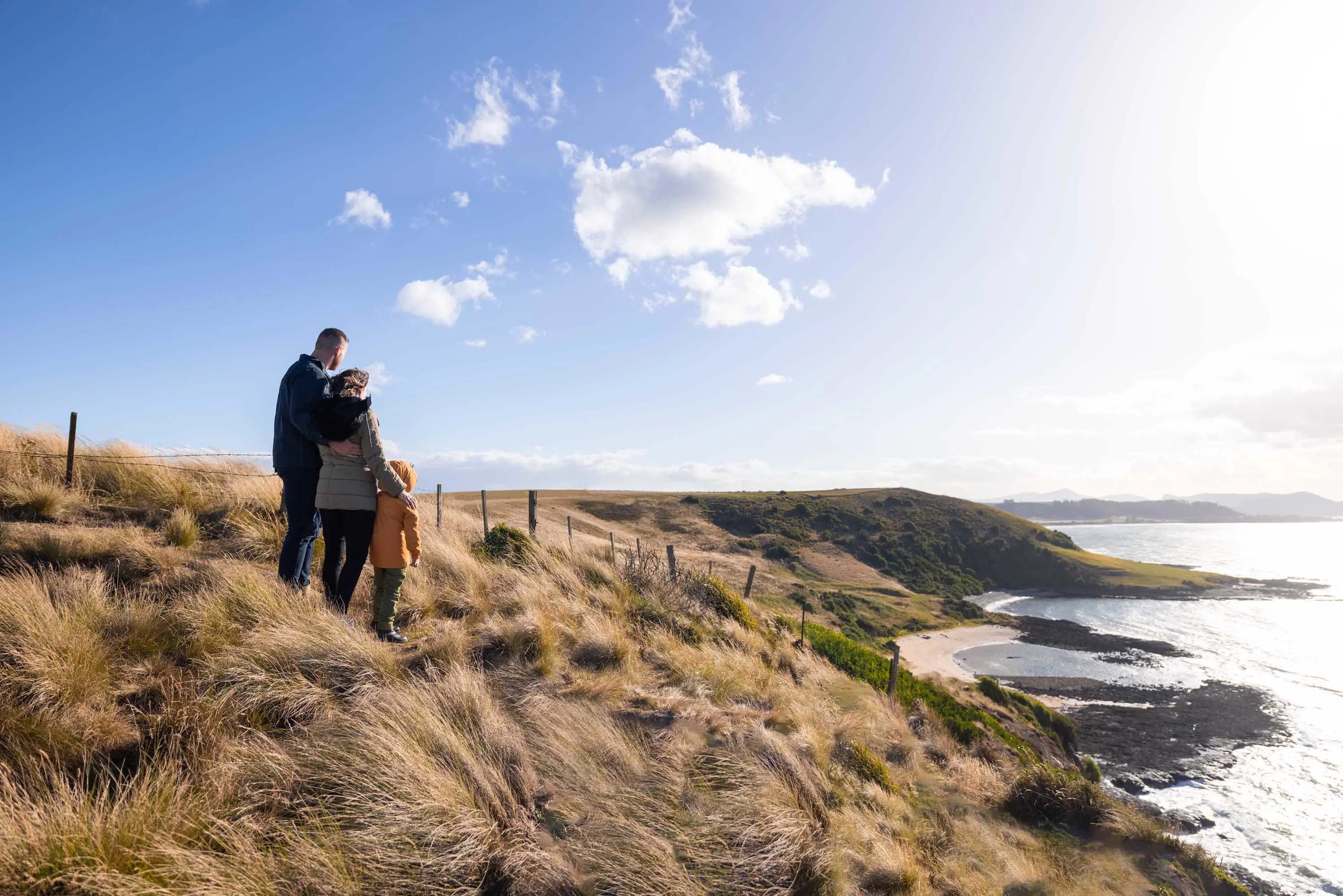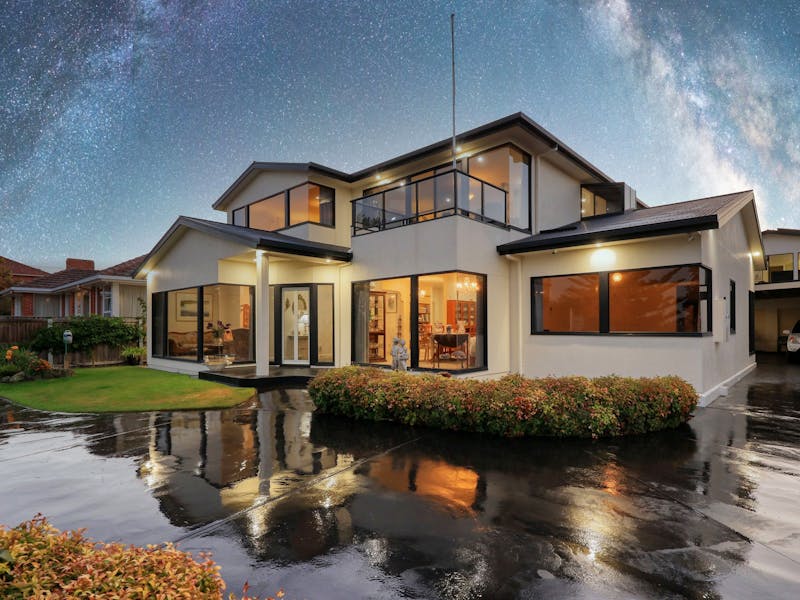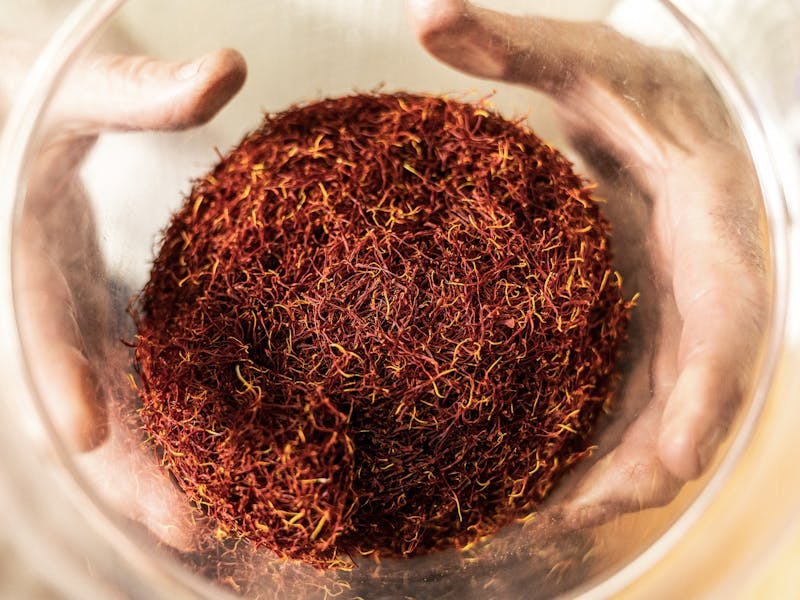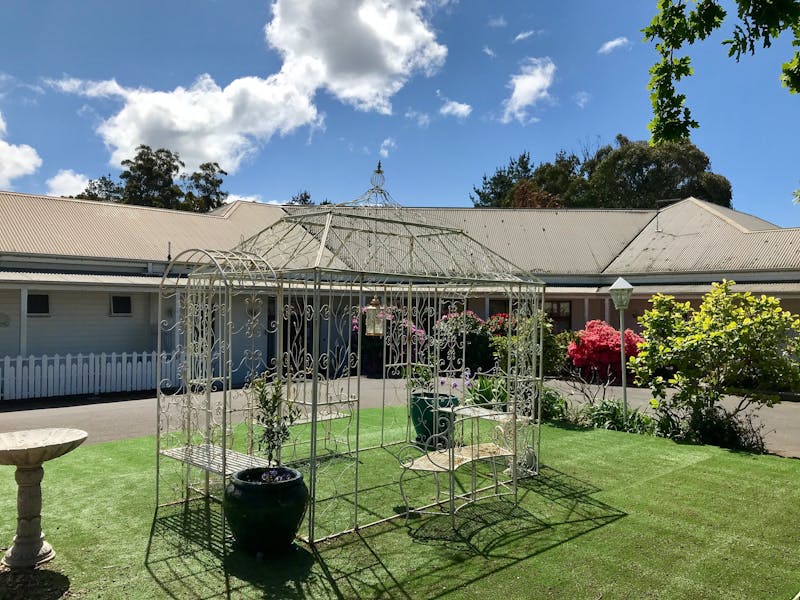
Tasmania’s third-largest city is the first port of call for travellers arriving on the Spirit of Tasmania ferry from Victoria.
Dig deeper and discover fascinating political and transport history, delicious ports of call and a gateway to stunning natural landscapes.
History and heritage
History, politics and architecture fans can admire the fascinating time capsule that is Home Hill. The National Trust-listed property was home to Australia’s inter-war Prime Minister, Joseph Lyons, his wife Dame Enid Lyons – the first woman elected to Australia’s federal parliament – and their 12 children. On Devonport’s outskirts is the village of Don, the location of the dinky Don River Railway. Climb aboard and enjoy a 30min ride alongside the namesake river to Coles Beach. Before or after your heritage train ride, admire the restored vintage locomotives in the yard.
Strait up
Stretch the legs with a walk to the candy-striped Mersey Bluff Lighthouse built in 1889, or look for rock carvings at this important palawa (Tasmanian Aboriginal) cultural site. Continue along the coastal Devonport Cycle and Walking Track to reach the Bass Strait Maritime Centre at the mouth of the Mersey. In the centre, comprising the harbourmaster’s residence and a modern wing, learn about Devonport’s past and Bass Strait’s maritime history. Test your skills at bringing a steamship into the Mersey River via a simulator, enjoy a Devonshire tea in the on-site cafe or book for a Friday or Sunday sail aboard the tall ship, Julie Burgess.
Eat and drink
Taste north-west Tasmania by exploring stops along the Tasting Trail. Highlights near Devonport include Spreyton Cider Co, a cidery and orchard known for creations that include hard and soft ginger beers and vintage cider brewed from heritage apples. There’s indoor and outdoor seating, and a playground for kids. To Devonport’s east is Ghost Rock Wines, a scenic cellar door, perfect for lunch while taking in distant ocean views. In town, make a beeline for Southern Wild Distillery, which infuses its gin with Tasmanian botanicals. Book a table at Mrs Jones and dine on Tasmanian scallops or wallaby porterhouse while watching the ferry slide in from its Bass Strait crossing. Need a coffee fix? Head to Laneway, via Rooke Lane.
Penguins and parrots
See little penguins – the world’s smallest penguin – waddle ashore after dark at Lillico Beach, an important conservation area 6km west of Devonport. Volunteer guides are present during the warmer months to talk about the wildlife and answer questions. South of Devonport is the Tasmanian Arboretum, a 66-hectare wonderland of temperate-zone trees. From the shore of Founders Lake, try spotting platypuses and parrots.
Gateway to the hinterland
From Devonport, launch into the north-west’s stunning landscapes. Venture east to reach the summer playground of Port Sorell and nearby Narawntapu National Park or drive 15min south-west to reach Lake Barrington, to swim, camp or try hooking a big fish (nearby Wilmot is known for its novelty mailboxes). It’s hard to miss Mount Roland, a formation that pops up dramatically from the surrounding farmland. Continue onwards to Cradle Mountain, Tasmania’s most famous peak, or opt to explore the decorative limestone caves of Mole Creek Karst National Park.
Where
Devonport is a 1hr drive (100km) west of Launceston and a 3hr 10min drive (280km) north-west of Hobart.
